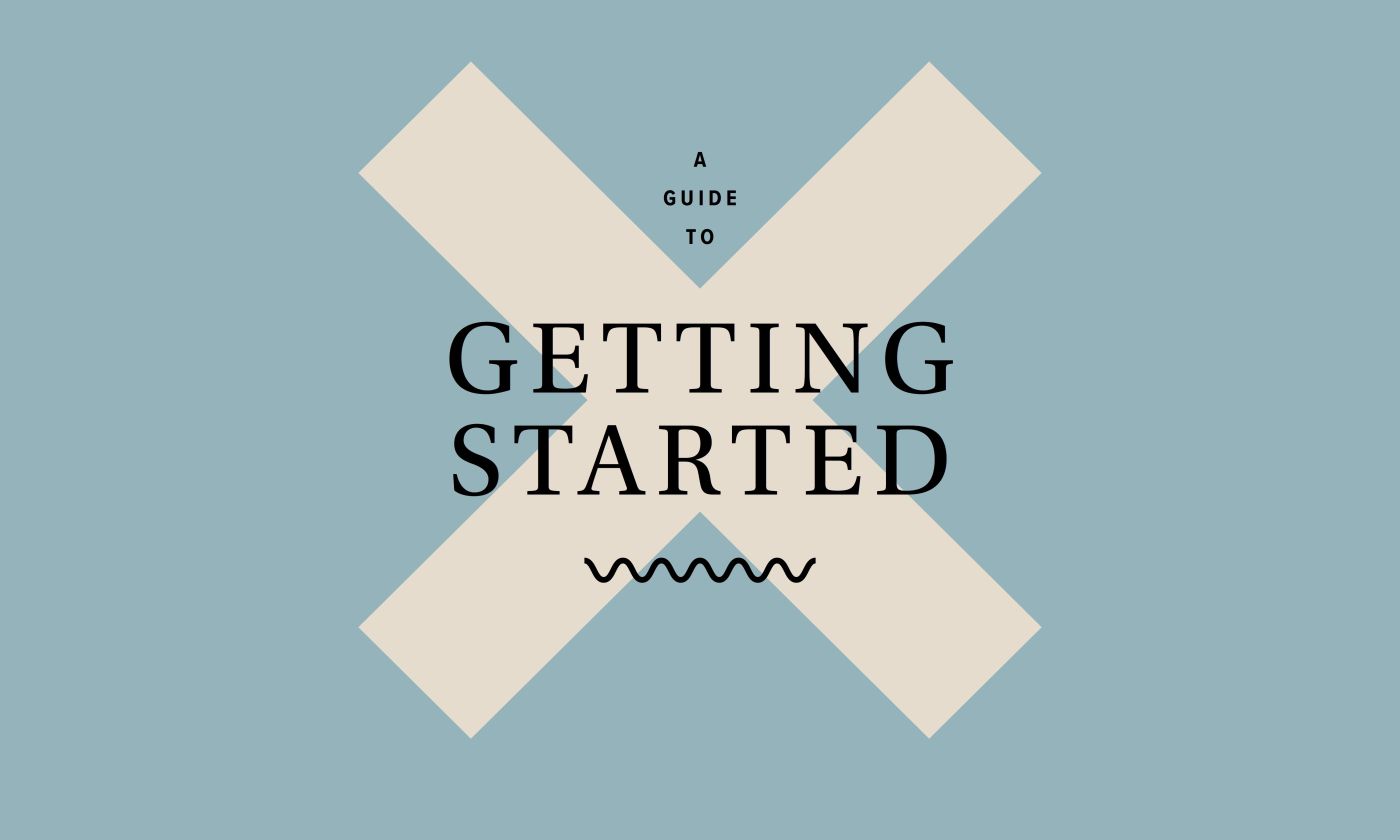Are you thinking about taking the jump? Leaving life as an employee (with a regular paycheck, benefits and a steady stream of work) to try out independent work (with none of those perks guaranteed!) can be a scary decision. We started Indy to help others gain freedom and flexibility — and build the confidence and skills necessary to get there.
If you’re looking towards the door and dreaming about your next move — becoming your own boss, starting your own firm, or just taking on freelance work — congratulations! But before you take your first step, ask yourself these questions to decide whether or not independent work is right for you.
How Well Do You Know Yourself?
First, you need a deep understanding of who you are and what’s important to you. What are you naturally good at? What do you love to do? What gives you energy?Also, just as important: What do you hate doing? What are your weakest areas?
When you understand your core personality, you can better predict how you’ll react to the new scenarios you’ll face as an independent worker. If you realize, for example, that you’re an introvert and don’t like aggressive networking, you can flag that as a weakness and figure out how you’re going to compensate (by outsourcing, taking a class, or hiring a coach, for instance). Or, your self-assessment might make you realize you’re better suited for life as an employee.
Do You Have a Financial Security Net?
Independent work, especially at the beginning, is volatile. It will likely take you a while to get traction, so it’s extremely important to set up a safety net for yourself before you start. Depending on your industry and lifestyle, that might mean a few months’ salary — or more.
There are also upfront investments involved with striking out on your own. You may think that all you need is a laptop and an internet connection, but independent contractors have other expenses to consider. Three important ones include an attorney, an accountant, and professional liability insurance.
Hire an attorney to help you manage the legal paperwork involved with setting up a solo shop. Get help from an accountant to stay on top of your tax liability and avoid getting walloped at the end of the year with a huge tax bill. Finally, consider insurance: professional liability, disability, and life insurance.
Making these important investments will save you time and money in the long run, and give you peace of mind.
Do You Have an Entrepreneurial Mindset?
If all this talk about attorneys and tax bills has you bored out of your skull, I’ve got bad news for you. Entrepreneurs, especially when they’re just starting out, spend a lot of time learning the ins and outs of setting up a business, including tasks that are new and unfamiliar. I know a lot of people, for example, who have entrepreneurial tendencies: they like exploring new ideas and working on their own, but are not cut out to be entrepreneurs.
Why, you may ask? Entrepreneurs are risk takers. Take your own risk tolerance into consideration. If you are more risk-averse, it will be harder for you to leave the security of a steady job.
Is There Market Demand?
Often, budding entrepreneurs think of their big-picture business plan as, “I want to sell X.” But, do people want to buy it?
To get a read on the market, have conversations with your target buyers. Let’s say you want to sell design services to marketers at small companies. Go talk to a few of them. Ask them how, if, and why they might need what you’re offering. How are they filling the need now? What would make that process easier for them?
Once you’ve determined the market demand, consider different avenues to get that business. If you target big companies, they’re often hard to get into and get approvals, but that means once you’re in, you’re really in. If you go after smaller companies, they’re likely easier to get into, but budgets are more limited. Understanding how the market works for your specific industry or service area will influence how you’ll sell your services.
Can You Hustle?
If you’re considering working as an independent, the system you’re coming from probably isn’t working for you. You want more for yourself, your life, or your family. Are you willing to go out every day and make your vision a reality? Are you willing to hustle for it?
Remember, you’ll be completely on your own. No team, no process, and no IT, HR or accounting departments. You’ll have to hustle to spread your message and build an authentic network. Your hustle will help other people and deliver value, but sometimes you’ll get nothing in return. Perseverance is what you’ll need to drive forward.
Do you have what it takes? If you do, creating a life as an independent is one of the most challenging, humbling and rewarding decisions you’ll ever make.





